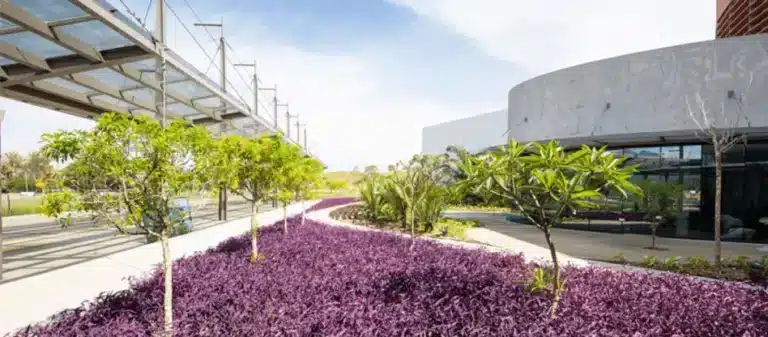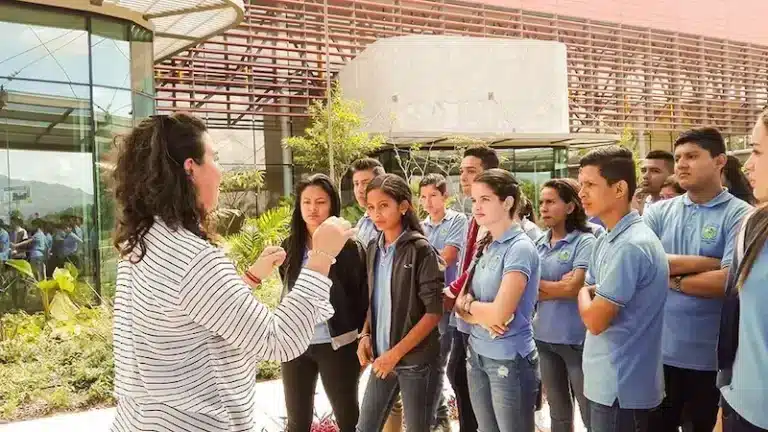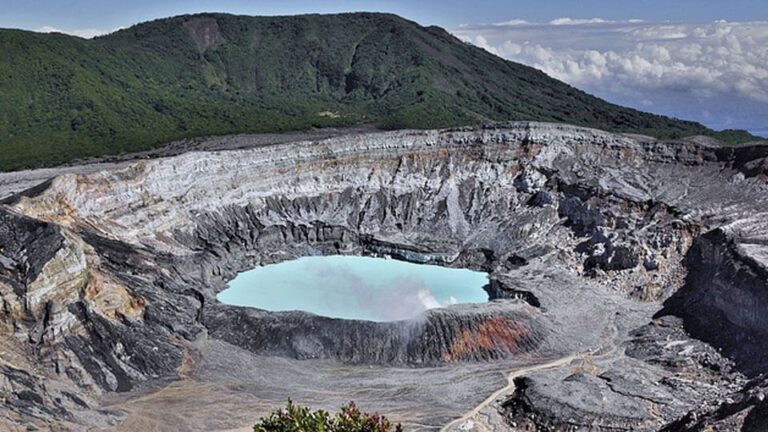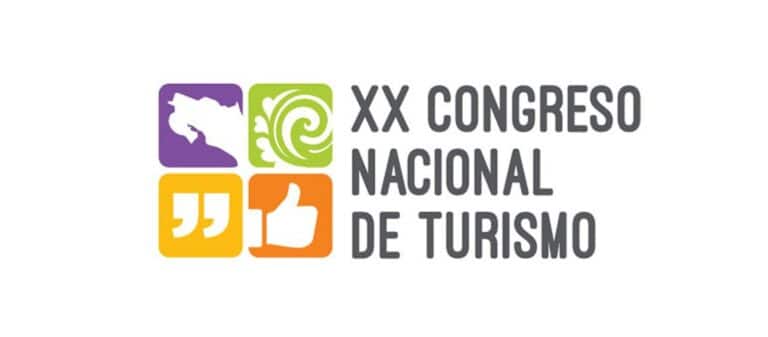In a constantly changing world,where technology and sustainability have become fundamental pillars of business development, innovation emerges as a key tool for tackling the challenges of climate change.
To explore this topic, we have the presence of Carla Fernández Corrales, Senior Director of Executive Education and INCAE Online, as well as an Assistant Professor at INCAE Business School. With a PhD in Business Administration and extensive experience in innovation and digital transformation, Carla shares her vision on the intersection of technology, sustainability, and the economy.
Innovation is the bridge between the present and a sustainable future; crossing it requires courage and vision.
According to Michael Porter and Mark Cramer in their article Creating Value, published in Harvard Business Review in 2011, companies that integrate sustainability into their strategy gain a competitive advantage by generating both economic and social value. Carla Fernández highlights that we live in an era of rapid change, where the pandemic and the widespread adoption of artificial intelligence have radically transformed the way we operate. “We cannot continue doing things the same way we always have. We need to adapt what we’ve learned to the new demands of our environment,” she emphasizes.
Technological acceleration is evident in how we interact with artificial intelligence, data science, and digital process automation. The speed at which AI has advanced—from winning chess tournaments to diagnosing diseases—demonstrates that innovation is the path to addressing the climate crisis. The application of these technologies in early environmental problem detection, resource optimization, and the creation of sustainable solutions is essential for a resilient future.
There is no progress without change, nor change without the willingness to challenge the status quo.
Female leadership also plays a crucial role at the intersection of innovation and sustainability. According to a 2023 UN Women report, women tend to lead with a collaborative and impact-driven approach, making them key agents in building a more sustainable future. Carla Fernández points out that, while individual differences exist, studies show that women tend to lead in a more inclusive and people-centered way—an essential characteristic in times of uncertainty.
In an environment where experimentation and adaptability are vital, diverse thinking allows us to better tackle challenges. “A homogeneous group is unlikely to find innovative solutions to complex problems. Diversity and the ability to listen to different perspectives are key to driving meaningful change,” Fernández notes.
Technology is the tool, but human awareness is the true solution to climate change.
Addressing climate change requires a combination of innovation, diverse leadership, and adaptability. Technology offers powerful tools to develop sustainable solutions, but it is the human factor that will determine the real impact of these initiatives. The key lies in fostering collaboration, learning, and the willingness to embrace change to build a more sustainable and equitable future.
Marketing and Sales Manager
Senior Director of Executive Education at INCAE





